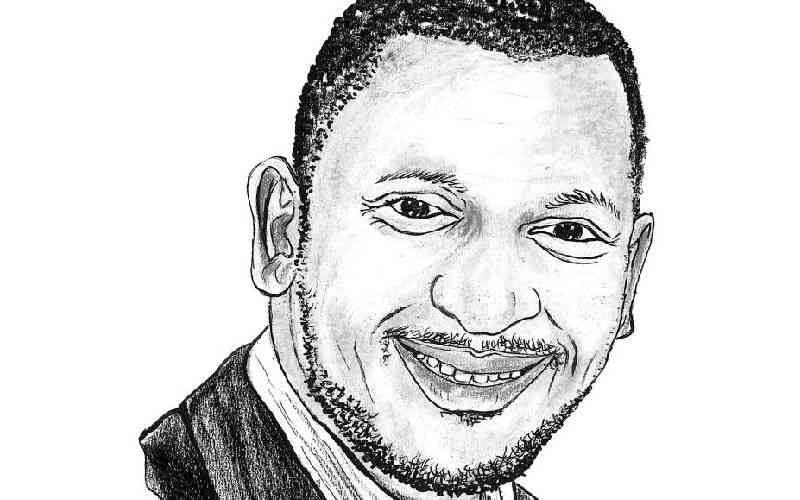×
The Standard e-Paper
Stay Informed, Even Offline

The man who raised me has departed from our midst. He never made the news in his long life-he was 86-though he delivered the news to hundreds of Kenyans in different pockets of this country, as a driver for the Nation Courier service.